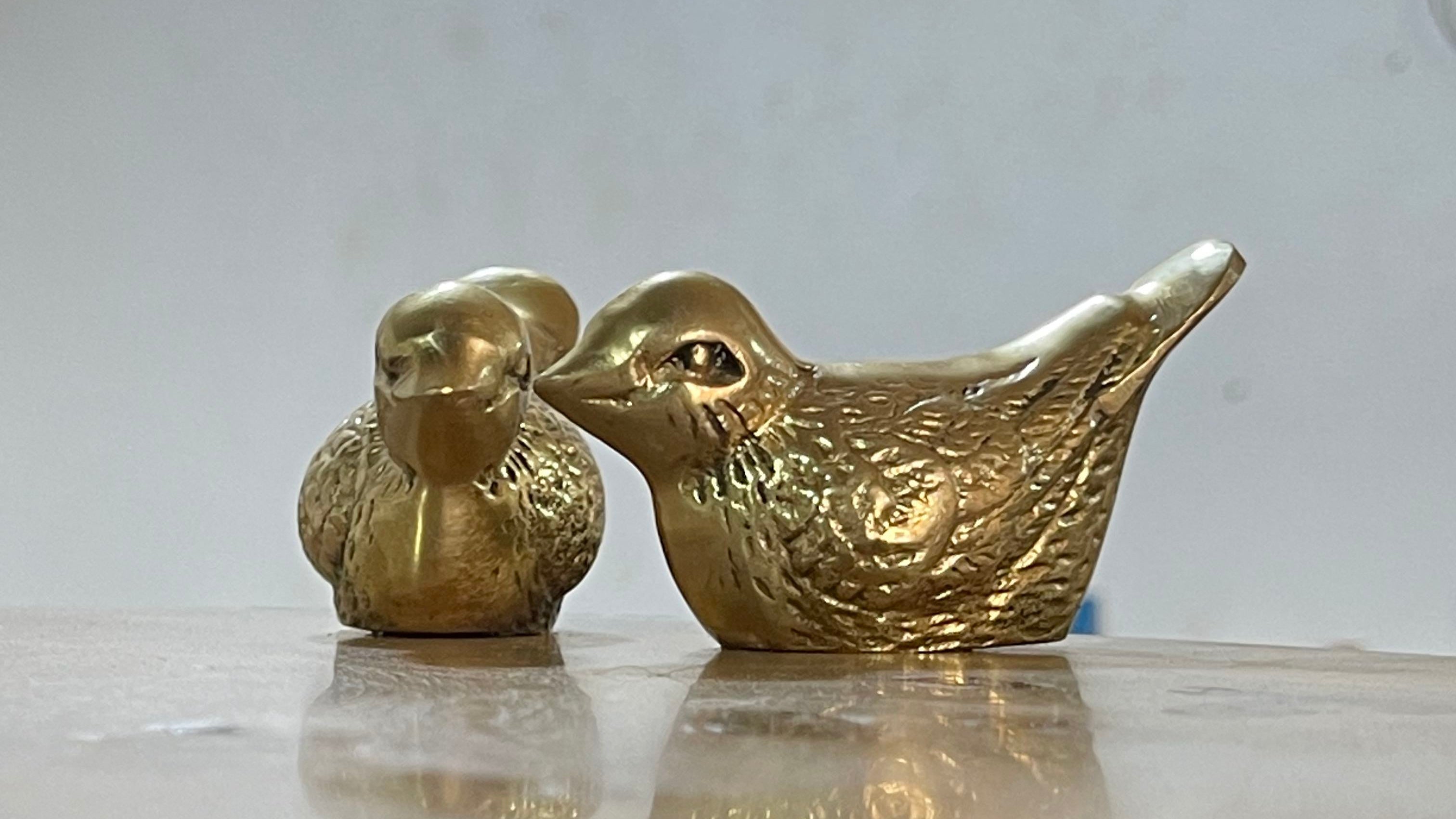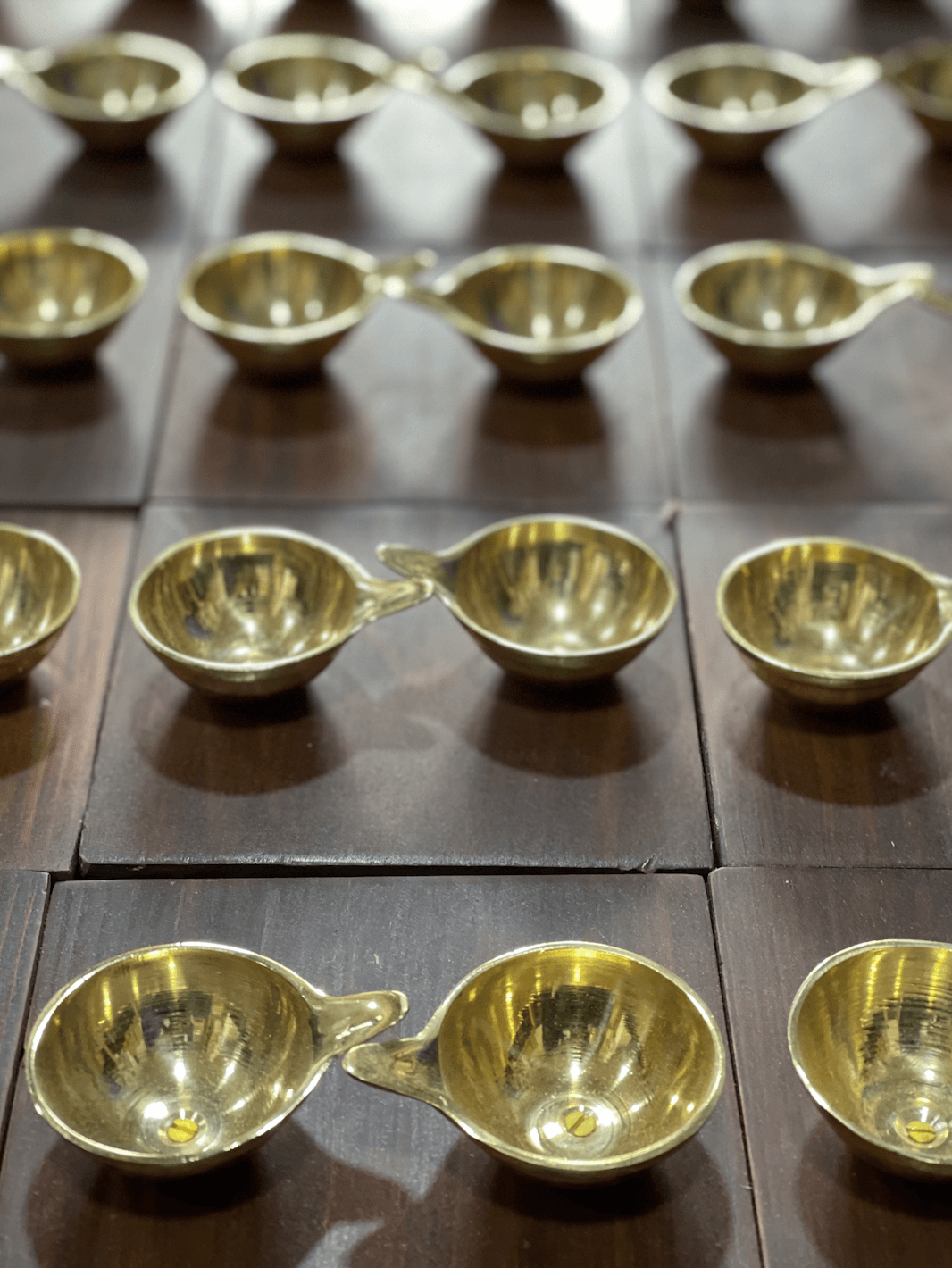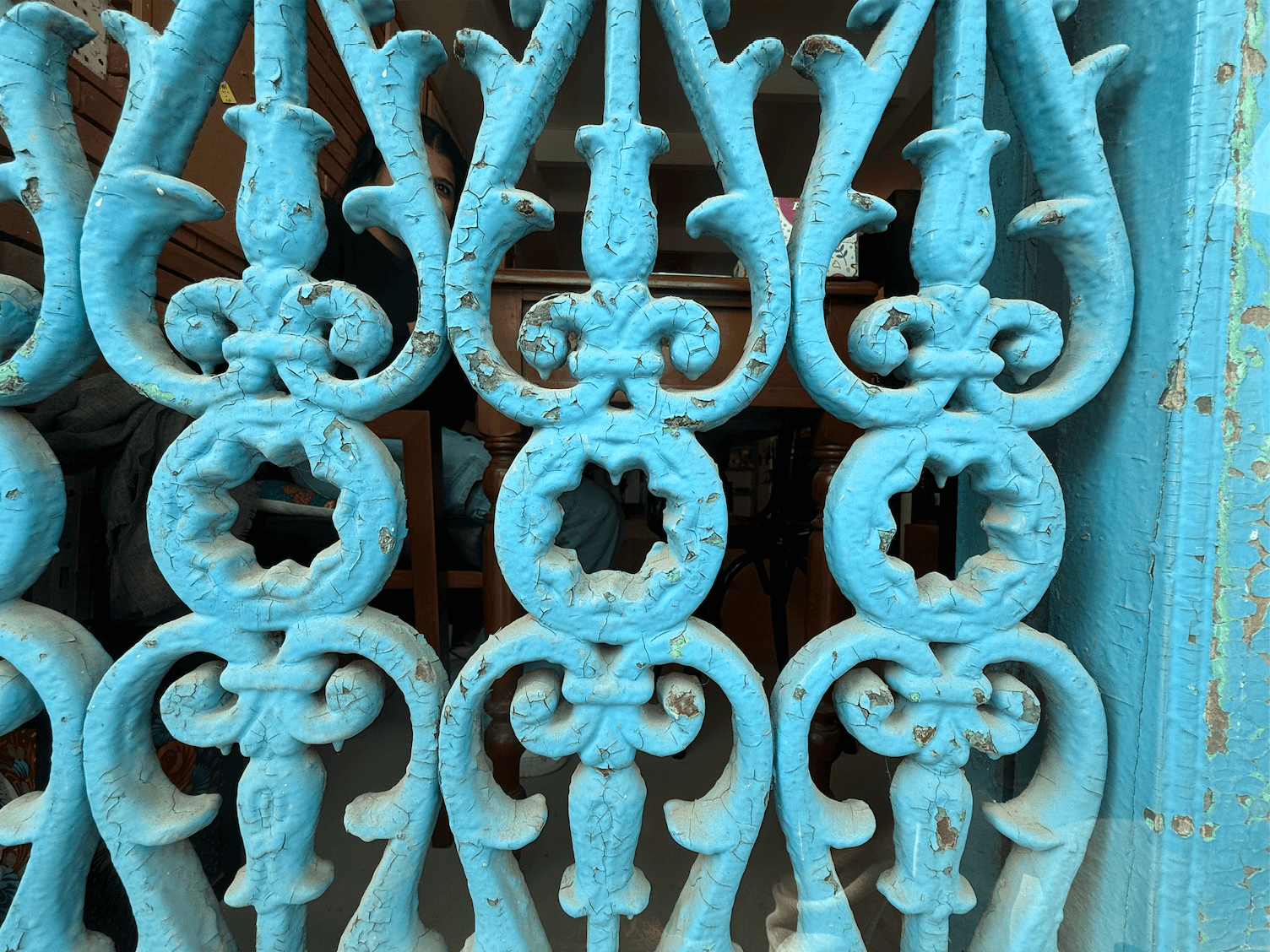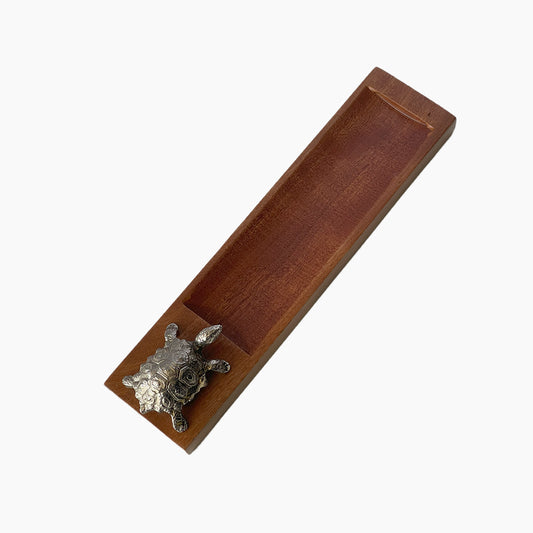Mohenjo-Daro, Sindh
Dhalai
Dhalai, also known as metal casting, is a traditional craft practiced across Pakistan, particularly in regions like Lahore and Peshawar. This ancient technique involves melting metals such as bronze, copper, or brass and pouring the molten material into molds to create intricate sculptures, decorative items, and functional objects. Dhalai is an art that requires a deep understanding of metal properties, precision, and patience, resulting in beautifully crafted objects that are both durable and ornate.
Historically, Dhalai has been used to produce everything from religious statues and ceremonial items to kitchenware and architectural details, making it a significant part of Pakistan’s cultural and artisanal heritage.



Collapsible content
Craftsmanship and Techniques
1. Mold Creation
The process begins with designing and creating molds, often made from clay, sand, or wax. The artisan either carves intricate designs into the mold or uses a lost-wax casting method, where a wax model is melted away during casting, leaving behind a detailed cavity for the metal.
2. Melting the Metal
The chosen metal—typically bronze, brass, or copper—is heated in a furnace until it becomes molten. Artisans carefully control the temperature to ensure the metal flows smoothly into the mold.
3. Casting
The molten metal is then poured into the prepared mold, filling every detail of the design. This stage requires precision, as the metal must evenly distribute throughout the mold to capture the intricate details.
4. Cooling and Finishing
Once the metal has cooled and solidified, the mold is broken open to reveal the cast object. The piece is then polished, engraved, or decorated, depending on the design. Artisans may apply patinas or other finishes to enhance the texture and color, giving the final piece its characteristic luster and depth.
Cultural and Historical Significance
Dhalai has been a cornerstone of traditional craftsmanship in Pakistan for centuries. It was historically used to craft religious statues, ceremonial vessels, and architectural ornaments that adorned mosques, shrines, and palaces. The skill and artistry involved in Dhalai reflect the region’s rich history of metalwork and the important role it plays in cultural and religious life. Many pieces are considered heirlooms, passed down through generations, symbolizing both the artistic legacy and cultural identity of the artisans.
Modern Relevance
Today, Dhalai remains a celebrated craft, with artisans producing a wide range of decorative and functional items, from sculptures and jewelry to lighting fixtures and furniture accents. The revival of interest in handmade, artisanal products has brought Dhalai into modern homes and interior design. Whether it’s a bronze statue, brass bowl, or a metallic wall hanging, Dhalai-crafted items are appreciated for their timeless appeal and handcrafted quality. Additionally, the sustainable aspect of reusing and recycling metals has contributed to the continued relevance of this craft in contemporary settings.
Shop Dhalai products
-
Turtle Pen Holder
Regular price Rs. 3,950Regular priceUnit price / per

